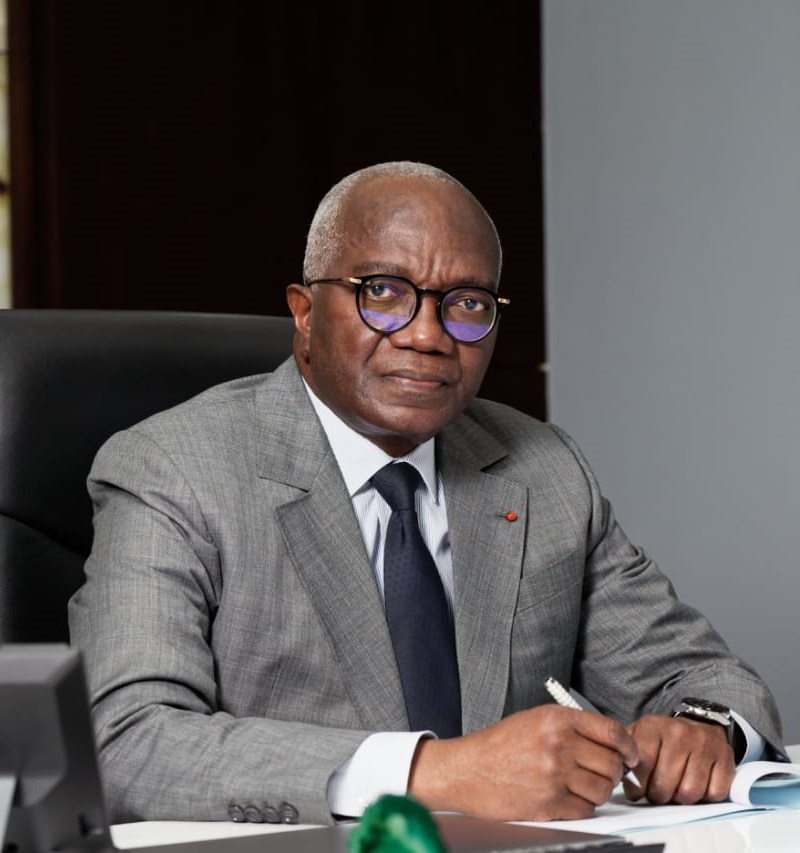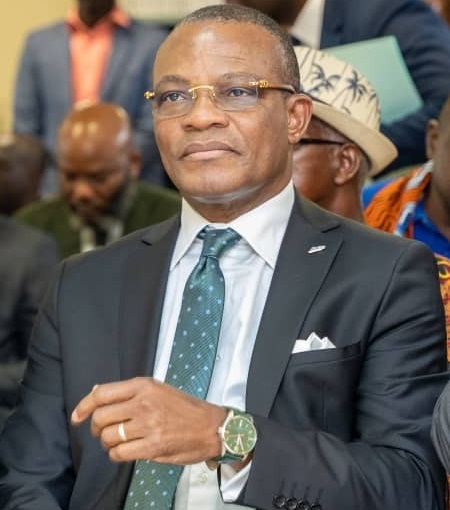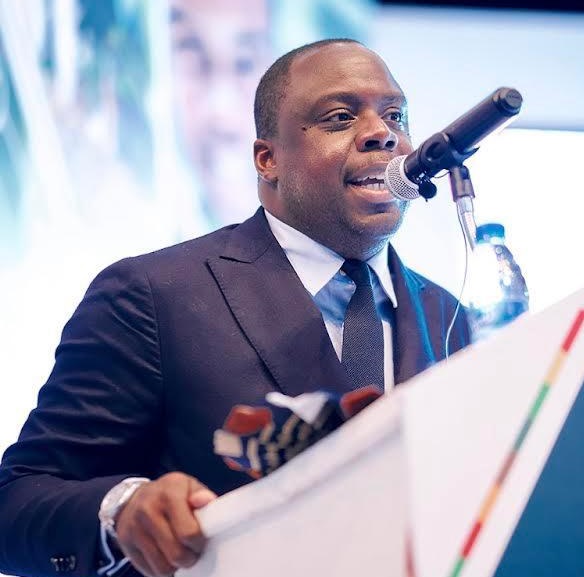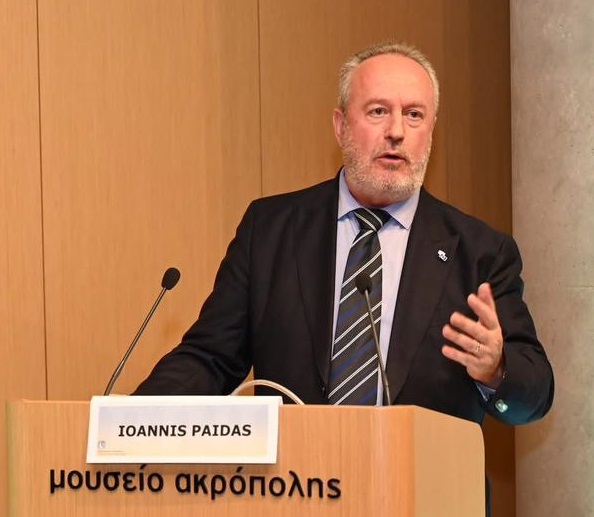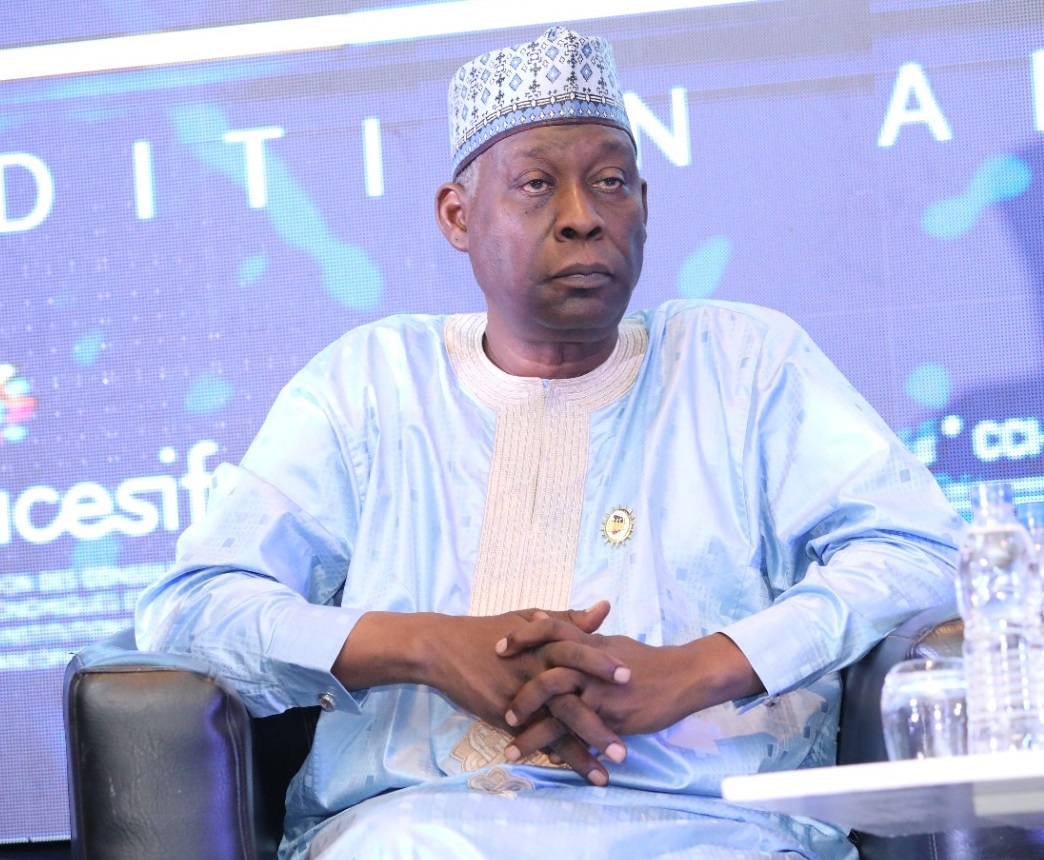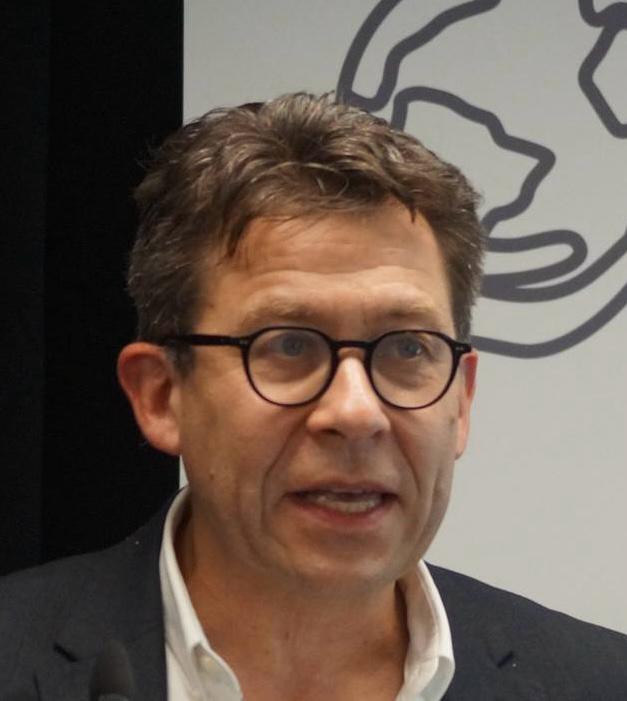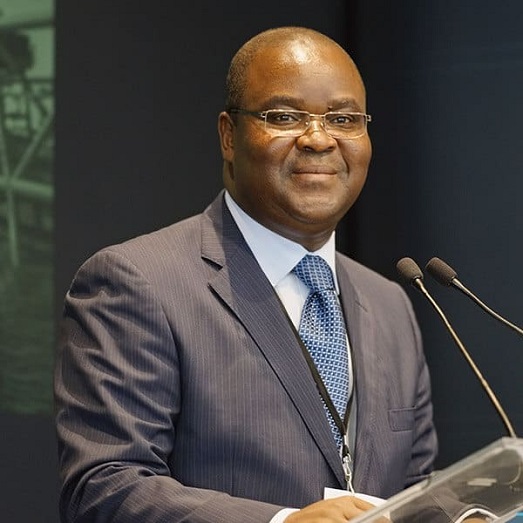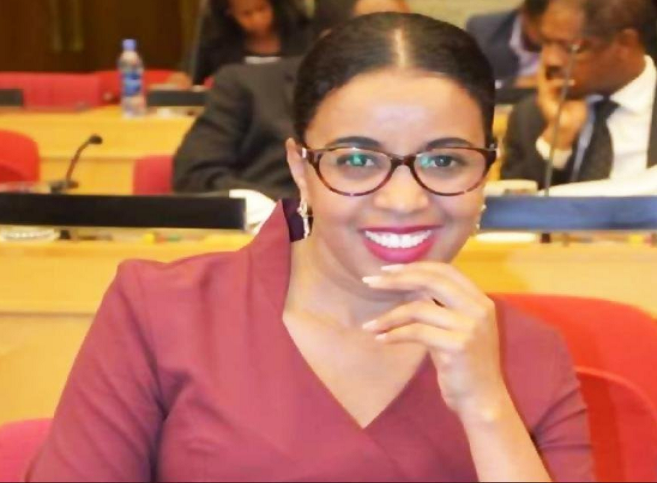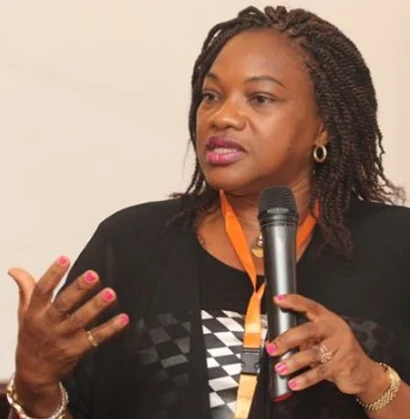The seventh reform implemented in 2011 in the public procurement sector in Cameroon is producing some success. This is what revealed Abba Sadou, Minister of Public Procurement, in an assessment interview granted to the pro-government daily. According to him, said reform enabled the Public Treasury to save FCfa 500 billion over the past 5 years.
These savings, we learn, were made through the significant reduction of negotiated public contracts (from 46% to 10% nowadays). According to Minister Abba Sadou, this “promotion of healthy competition is such that some multinationals, who in the past, dictated their prices for public contracts, had to operate a drastic downward revision of their prices to win contracts in Cameroon”.
Aside from the dip in prices previously offered by multinationals, we learn, the establishment of the prior signature of payment documents, which enables the Ministry of Public Procurement to verify compliance and the value of the actual work carried out with the payments requested by service providers, resulted in “adjustments valued at about forty billion in only three years”.
At the same time, several billion francs Cfa were saved by detecting double invoicing on some contracts, over-invoicing or requests for payments for unaccomplished works. “The vigilance of the Ministry of Public Procurement with regards to incorrect quantities for levelling works led to a reduction of more than FCfa 2 billion on the addendum to the contract for the Eastern Douala entrance construction works”, Minister Abba Sadou revealed for example, while also specifying that “the drinking water supply contract for the city of Yaoundé and its suburbs from the Sanaga, which initially only had 5 flat rates, was improved and signed with over 1,000 fixed rates, additionally coupled with 30% subcontracting to local SMEs”.
Beyond the savings made, we learn, the seventh reform of the public procurement sector in Cameroon resulted in substantial improvements in the execution of services, particularly with over 90% of contracts fully completed and delivered in the ten regions of the country since 2015, a considerable reduction in abandoned projects and fictitious contracts, etc.








